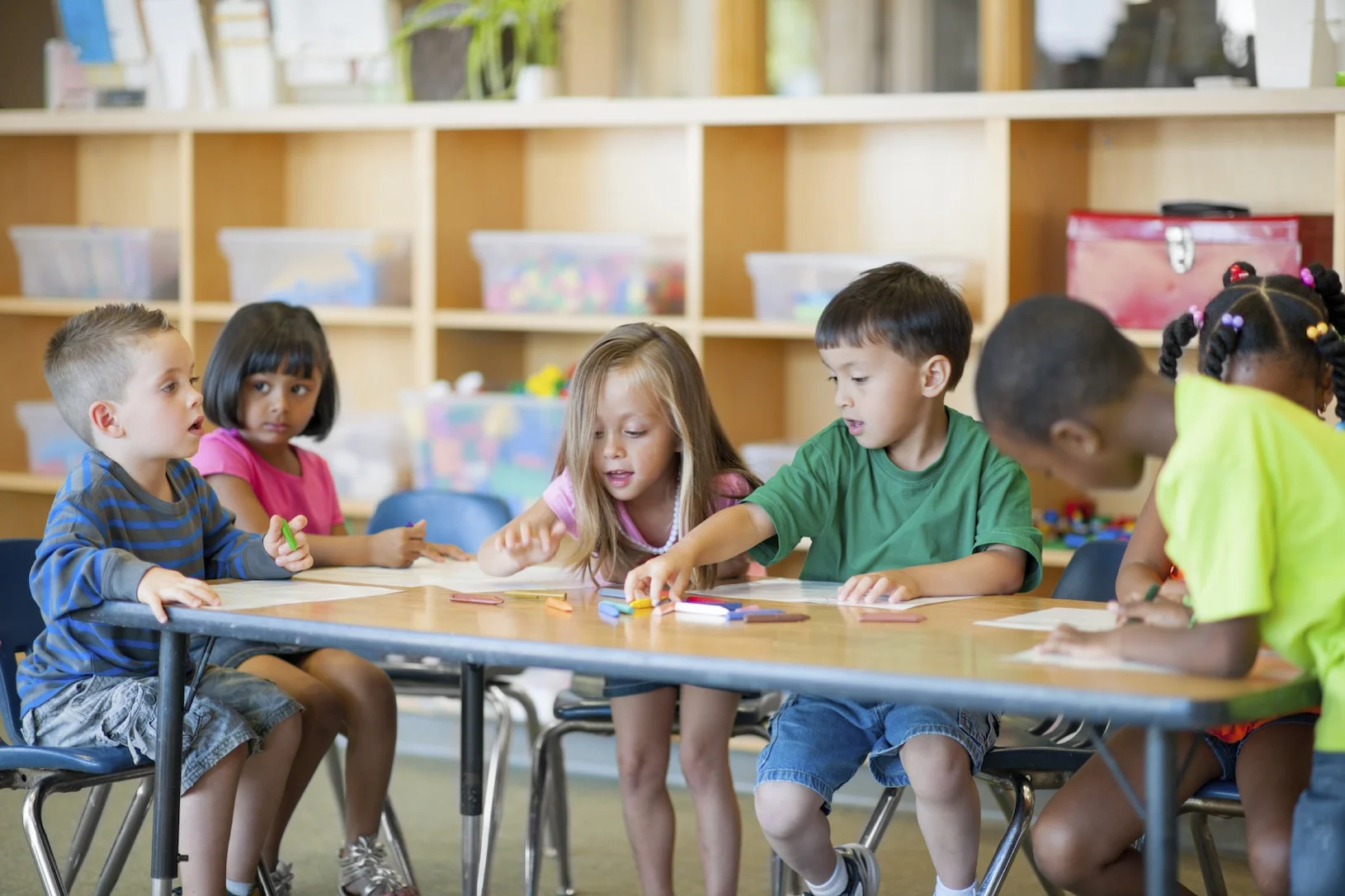Learning about the lizard brain can help you and the child in your life deescalate during heated moments. As parents, caregivers, and teachers we can wonder why children have a difficult time managing emotions. However, we often forget that they need to be taught. Just as we have taught them to brush their teeth, ride a bike, and conquer new math problems, we also have to teach them strategies to sit with their emotions and use coping strategies when possible.
Read MoreChildren face many obstacles as they grow such as school challenges, social issues, bullying, life transitions, etc. Each of these can rock one’s world that can lead to heightened anxiety or depression. All too often our child’s wellbeing is only associated with physical health while mental health and anxiety are overlooked. If your child was physically injured or sick, you would bring them to the doctor. If your child was failing a class, you would get them tutoring.
Read MoreBibliotherapy is a creative art therapeutic approach that uses literature to aid in the therapy process. Children’s books can be an excellent clinical tool to support children’s exploration and understanding of their world and life experiences. This is a great tool I often give to parents in order to continue the therapeutic work outside of the office.
Read MoreDuring this time, you may notice an increase in tantrums, yelling and fighting between siblings. Changing the way we view behavior is an important step in positive parenting. Children use behavior to communicate when they cannot articulate what they are feeling. As parents, we can often find ourselves using language such as “you’re being good” or “stop being bad”.
Read MoreI was sitting on the couch with my husband, eating my favorite chips from childhood, and watching a movie from the 80’s, when I asked, “Do you think our kids are regressing during all of this?” I knew the answer. In some ways the regressions were positive: more imaginary play, time away from structured activities lead to more free play, and more independence.
Read MoreI want to let every parent know that these times are hard and to be okay if your day doesn’t go smoothly. Kids are bored, parents are overwhelmed, and everyone is stressed. I wanted to create a list of things to do with your children to help ease some of the stress, but please know it’s okay if you just make it through the day with love, screen time, and survival.
Read MoreNow being in almost week seven of quarantine, who wishes there was a book on parenting during a pandemic?? This is all not normal, but it is our new normal for now. I know limiting screen time has gone out the window in many households, so parents can have a break or work from home.
Read MoreHave you been thinking about signing your child up for Heights Family Counseling’s School Readiness Camp, but aren’t sure if it will get a good fit? Perhaps this is the first time you are hearing about the camp and want to know a little bit more about it. This week’s blog will delve deeper into the camp’s format and a couple of topics covered. Check out my last blog for more on group counseling, the benefits of group counseling, and how to talk to your child about group counseling.
Read MoreDoes your child struggle with back to school jitters? Is your child entering kindergarten next year and unsure of what to expect? Or, would you like your child to freshen up on some skills before returning to school? Heights Family Counseling’s child and adolescent therapists, Rachel Ealy and Kristin Tallackson, are leading a school readiness camp this summer!
Read MoreWe are all guilty of using negative language, “stop that”, “don’t you dare”. In the moment, it is hard for caregivers to remember to stop and use positive language, especially when a child is doing something particularly dangerous.
Read MoreThrough the elementary years, children gain insight on how to better control their emotions, behavior, and attention. Children gain the ability to cope with impulses and delayed gratification. Children begun to think about thought processes, emotion, and develop critical thinking skills.
Read MoreChildren experience periods of rapid growth in areas of the brain associated with self-regulation. Piggy- backing off of the toddler years, it is important to continue to reinforce emotion identification, perspective-taking, calm down strategies, and problem-solving. I can not express enough how important it is to model the behavior and skills you are teaching your children.
Read More










